La Comisión acaba de lanzar una convocatoria de pruebas y una consulta pública sobre la estrategia de la UE para impulsar la transición climática y energética mundial, que se espera sea adoptada por la Comisión durante el tercer trimestre de 2025.
Esta consulta pública estará abierta durante un mes, hasta el 11 de septiembre de 2025.
Adjuntamos la convocatoria de pruebas para la iniciativa publicada por la Comisión aquí.
Información relacionada:
- The aim of the initiative “EU strategy to boost global climate and energy transition” is to advance the global climate action by engaging with our partner countries on climate and energy policies. The strategy will propose actions and new forms of engagement and partnerships in bilateral or multilateral cooperation. The Clean Industrial Deal of February 2025 announced that the EU should adopt a strategic approach to energy cooperation focusing on three key areas (i) diplomacy; (ii) technical assistance; and (iii) economics. The strategic approach will join up efforts with Member States at country and multilateral organisation’s level.
- The measures could include:
- measures to sustain multilateralism and build alliances by advancing climate and energy ambition in multilateral and plurilateral fora and by building alliances to make sure that the key climate and energy objectives are properly addressed. For example, the Global Energy Transition Forum (GETF) launched by President Von der Leyen at the beginning of 2025;
- measures to establish mutually beneficial economic partnerships. All continents will have to speed up the transition towards net zero and deal with the growing burden of climate change. Moving towards sustainable, diversified and resilient industrial value chains is also an interest shared by our partners;
- measures to leverage regulatory and policy cooperation at bilateral and plurilateral level with key countries/governments, as well as subnational actors. In this way, the EU will support the development of enabling frameworks, promote just energy transition and industrial decarbonisation, support the establishment of domestic carbon pricing in different jurisdictions and advance reforms of power market;
- measures to mobilise financing for global decarbonisation and resilience. To that end, the EU would step up its efforts towards adaptation finance and building resilience to the impact of the climate change. Measures for cooperation to address problems of access to concessional and grant funds for vulnerable countries, especially for Least Developed Countries and Small Island Developing States. Reliance on and engagement with institutions like the European Investment Bank and other regional banks and climate funds to improve project pipelines and support capacity-building. Innovative instruments under the Global Gateway, harnessing the potential of guarantees, blending and structured finance, offer promising pathways to crowd in finance and share risks across actors.
- Since this is a non-legislative initiative, no impact assessment will be carried out. Possible separate initiatives to implement the strategy will comply with ‘better regulation’ requirements
